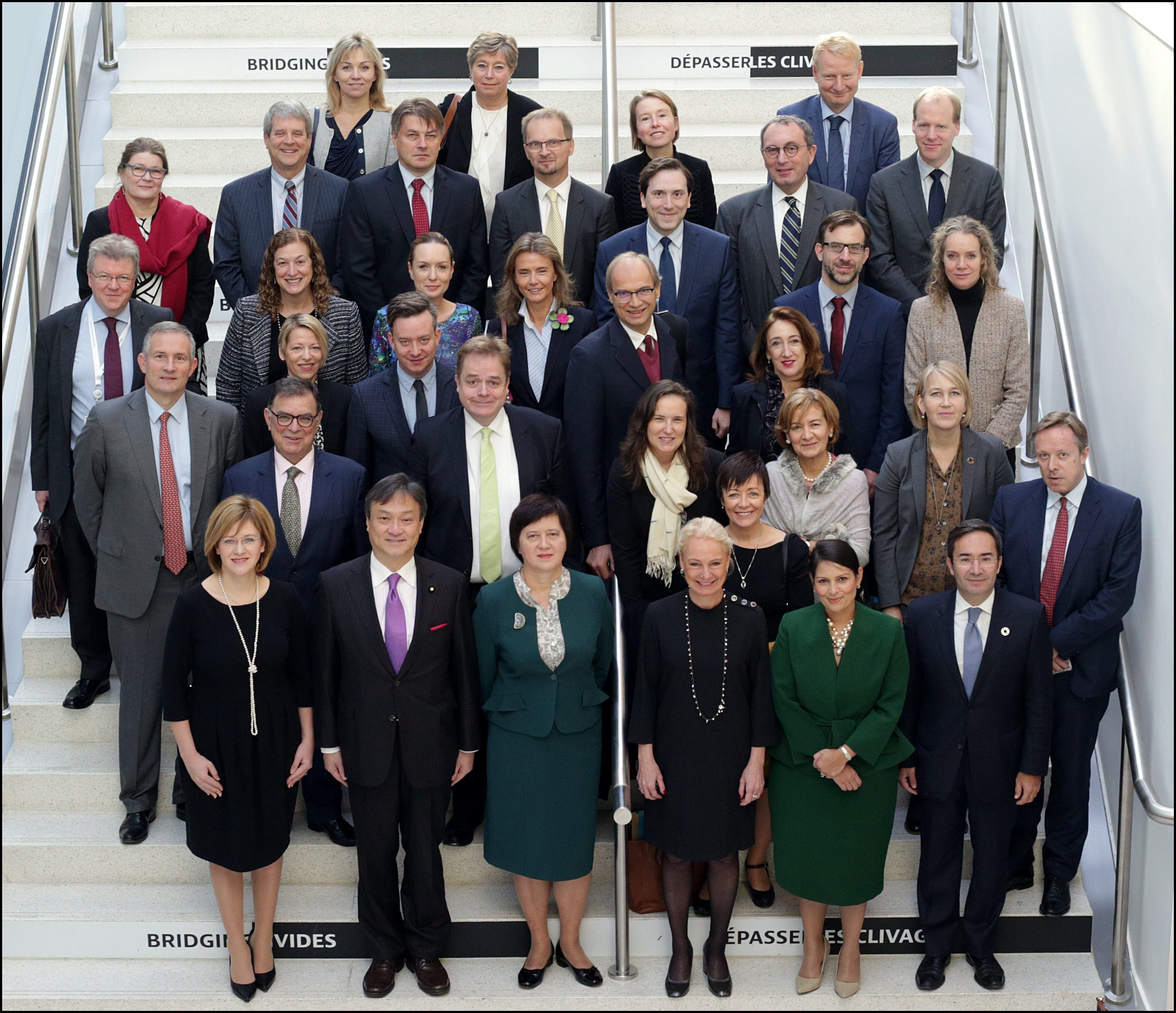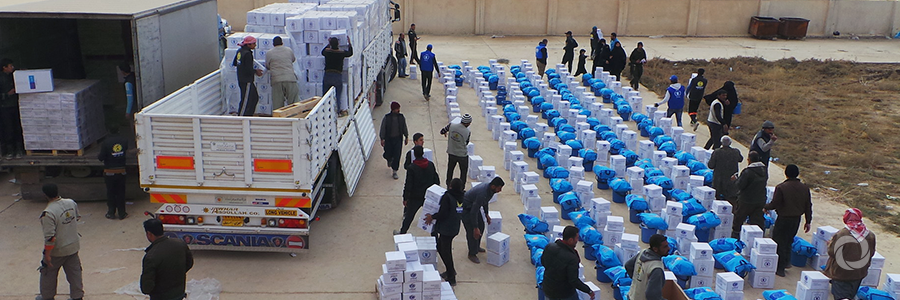Yesterday the high-level meeting of the Development Assistance Committee (DAC) at the Organisation for Economic Cooperation and Development (OECD) concluded two days of deliberations and decisions on some of the most topical issues on aid and development.
While much attention in the UK was rightly focused on proposals from the secretary of state for international development to change aid rules, the meeting outlined detailed thinking and reactions to complex challenges from around the globe which the 30 DAC member states seek to address.
Agenda 2030 and leave no one behind
The meeting made much mention of Agenda 2030, leave no one behind and the role of Official Development Assistance (ODA) in sustainable development. The DAC also stated that it remained the guardian of the integrity and definition of ODA and pledged to transform itself to better promote development co-operation and policy coherence for sustainable development through inclusive dialogues.
More transparent reporting on EU spending
The increased ODA spent across the EU member states of the DAC in 2016 reflected a huge increase in in-donor refugee costs owing to the record number of globally displaced people. The DAC agreed on a clarification on the reporting standards of these costs, making them more transparent and more consistent across donors by aligning the respective methods for calculating costs.
Private Sector Instruments (PSI)
Work around PSIs was also brought forward from previous high-level meetings. While the meeting did not reach a conclusion on concessional loans to the public sector, it did commit to finalise implementation of the PSI agreement including by collecting evidence on the impact of PSI, and revising these rules where appropriate. In the interim, however, the communiqué language does allow for PSIs that are “development-oriented” to report spending as ODA.

Blended finance
The DAC reached agreement on five principles for unlocking commercial finance for the SDGs. The guidance issued alongside these principles describes in more detail how they influence donor behaviour. The communiqué agreed on these principles with the recognition that, while leveraging private resources as well as domestic resources and trade will be critical to delivering the 2030 Agenda, accountability and measurement of impact remain crucial to ensure effective public and private investment.
DAC’s five-year vision
The committee also looked at its own mandate and agenda, proposing a new five-year vision. This committed the DAC to transform itself to better fulfil its mission of promoting effective development co-operation to support developing countries in their efforts to achieve the SDGs, improving the lives of their peoples – particularly those furthest behind – and fostering their economic growth in an inclusive and sustainable manner. Encouragingly for Bond members, the secretariat will facilitate further engagement with stakeholders and mentions civil society specifically.
The UK’s proposed measures
The secretary of state has issued a written statement to parliament on DFID’s work at the DAC. As a result of the UK’s intervention, the DAC is examining the rules around short-term financing measures to respond to humanitarian crisis in countries recently graduated from the ODA eligible list.
The DAC is also considering a longer-term measure involving “reverse graduation”, which acknowledges that there are no rules at present for a “graduated” country or territory to go back onto the DAC list of ODA-eligible countries should they later suffer a persistent drop in their per capita income.
Original source: BOND
Published on 1 November 2017

